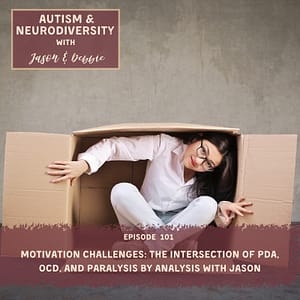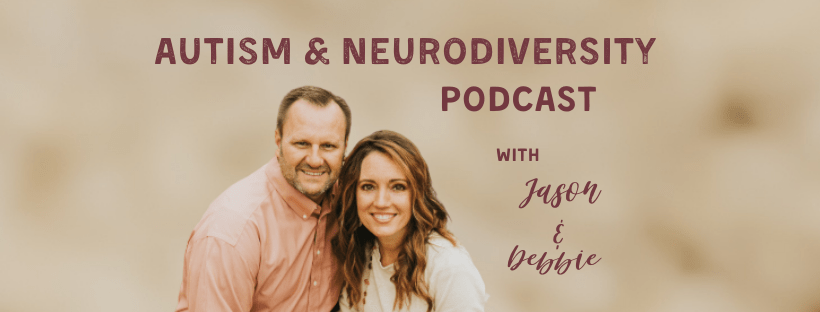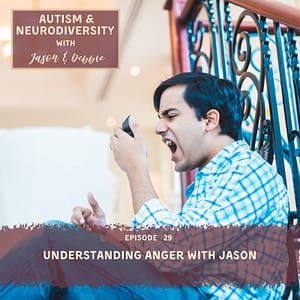
101. Motivation Challenges: The intersection of PDA, OCD, and Paralysis by Analysis with Jason
In this episode we explore what may appear as laziness or self-sabotage, but is actually a battle with three anxiety-induced barriers. These common barriers overwhelm and frustrate neurodivergent individuals, hindering their progress. Learn how mindful and intentional mentoring can guide them towards taking that leap of faith, break free of barriers, and unlock their motivation.



